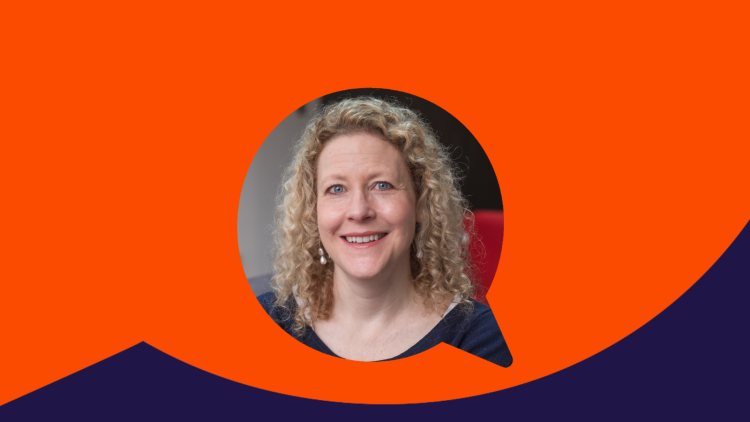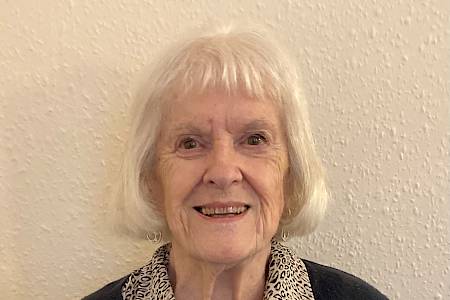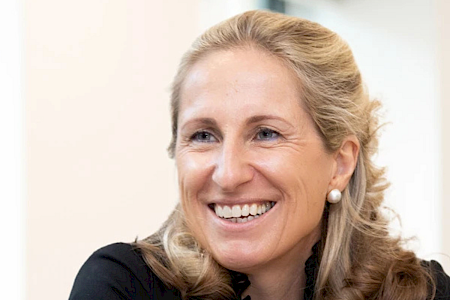An important part of our work is to create a space for older people to share their stories, take part in research, and be part of the conversations which will lead to positive societal change.
We help give a platform to people who might feel their feelings, opinions, needs and wishes have been ignored or devalued in a world that seems to focus on less in-person contact and more digital dealings. Every piece of research we carry out, every story we share, and every new service we launch is done with one clear focus: to show older people they are seen, heard and valued.
Recently it was announced that the brilliant actors Diane Morgan and Sue Johnston are working on a new sitcom called AnnDroid, which tells the story of an unlikely friendship between an older woman and a social humanoid robot, designed to provide company and check health. I’m pleased to see older people being represented in new ways and to new audiences and I hope the programme will reflect the issues of ageing and loneliness with sensitivity.
The UK’s chief medical officer, Sir Chris Whitty, has recently given evidence to the Health and Social Care Committee on boosting physical activity in older people. In 2023, Sir Chris wrote the ‘Health in an ageing society’ report, in which he highlighted the importance of planning and provision of services, environments, and healthcare as key to supporting people to live well in later life. Sport England's Active Lives Survey 2024 revealed that the proportion of people aged between 55 and 74 taking part in 30 minutes or more exercise a week was 75%, dropping to 60% between 75 and 84, and dropping even further to 37% for those aged 85 and over.
The reasons for this decline in activity levels as people age might centre around personal mobility issues, access to services locally, the cost involved, or a lack of confidence – often it’s not about a lack of willingness and more about obstacles getting in the way. ‘Being active’ means something different to everyone: the key is finding inclusive ways to help older people keep moving, meet others and reduce feelings of loneliness or isolation. Whether it’s a pickleball session, an online yoga class, or even a few gentle seated stretches followed by crafts and conversation, the important thing is to find something that helps improve wellbeing and generates a sense of community and companionship.
It goes without saying that the needs of older people living with loneliness are ever-shifting, and a one size-fits-all approach will never work, so we’ll continue to work with the people who use our services to listen to what they want and match their needs as closely as possible, to continue helping them to live well in later life.
-
View



